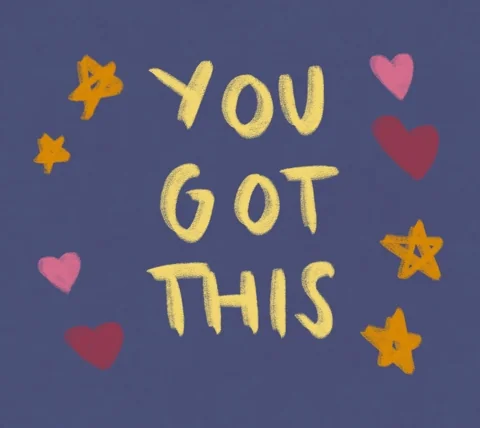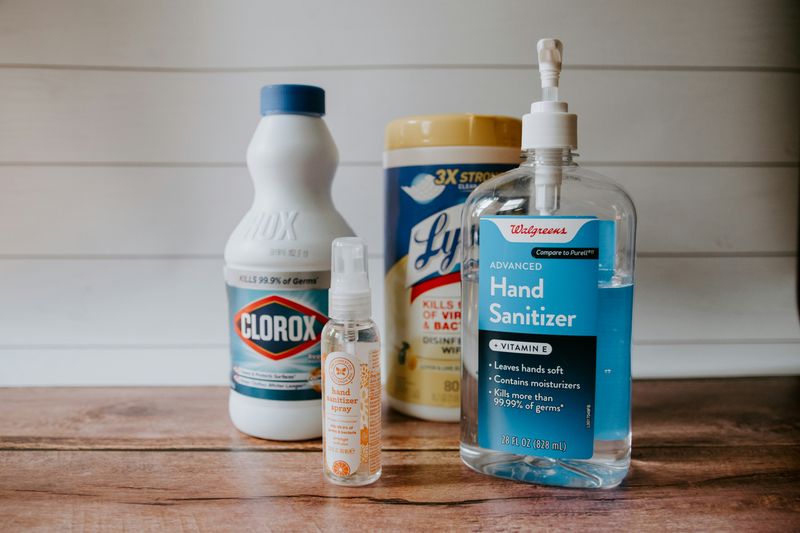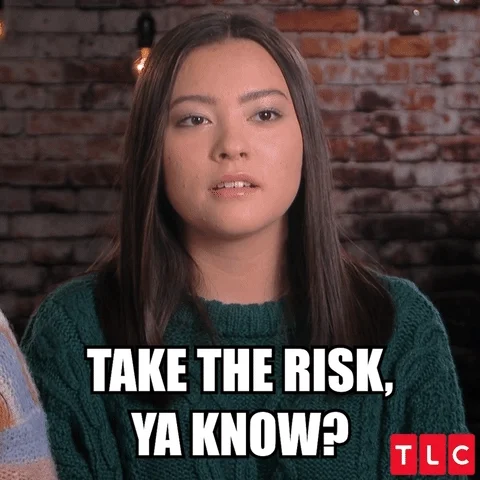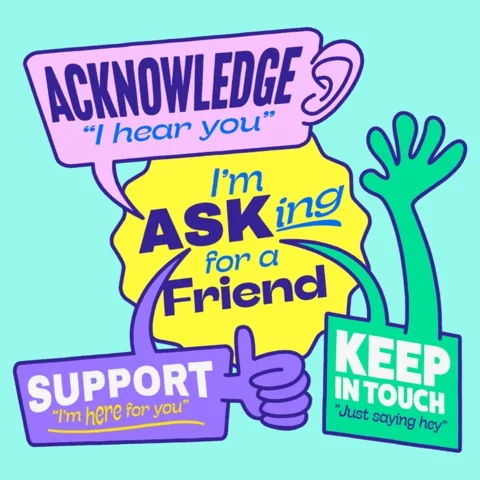Are you still living in fear of germs (germaphobia), especially after Covid-19?

As a former germaphobe, I used to be terrified of touching a doorknob without wanting to vigorously wash my hands right after.
If you can relate, fear not! These tips will show you how to manage your germaphobia.

Examples of Germaphobia
Do you often find yourself going to extreme lengths to avoid germs?
If so, you might have germaphobia. Below is a list of common signs:
Excessively washing your hands
Asking if someone recently wiped down their counter
Constantly wiping down surfaces
Avoiding social interactions for fear of getting sick
 Photo by Kelly Sikkema on Unsplash
Photo by Kelly Sikkema on UnsplashQuiz
What are some examples of germaphobia? Select all that apply:
How Germaphobia Affects You
Below are some ways that your fear of germs and illness can negatively affect your life:
Constant hand-washing can lead to dry and cracked hands, which exposes you to more infections.
Spending a lot of time cleaning, thinking about germs, and how to prepare for situations involving germs.
Reduced quality of life because you avoid social events out of fear of getting sick.

For a while, I avoided hanging out with friends because I was terrified of getting sick. I found myself becoming more lonely and knew the lack of social interaction was affecting my mental health.
I started slow by going on masked walks with friends outdoors and worked my way up to having outdoor meals with my friends.

Overcoming Germaphobia
1. Build your knowledge about germs
It's important to know that there both good and bad germs all around us. Good germs help us stay healthy and exist in places such as our digestive system! Watch this video below to learn more:
2. Try touching surfaces without cleaning them.
Start small by refraining from wiping down a doorknob or a surface in your home if you know you recently cleaned.

For example: You can keep a log of when you wiped down the surfaces in your home and refer back to that log the next time you feel the urge to wipe something down.
3. Use mindfulness techniques.
Try taking deep breaths when you start to feel overwhelmed by the thought of germs. This can help you re-train your mind to think of positive rather than negative thoughts.
For example: If you feel anxious about touching a public doorknob, pause, and take three deep breaths before touching the doorknob.

4. Risk Assessment
When you begin to think about next steps, it is important to understand the difference between low risk and high risk activities.
Low risk:
Touching a communal bottle of hand sanitizer
Interacting with healthy loved ones
High risk:
Hugging a loved one who is sick
Using the same knife to cut vegetables after cutting raw meat

5. Start spending time outdoors.
Ask a loved one to go on a brief walk outside with you (start with a short walk and slowly work your way up to longer walks).

6. Rely on loved ones and/or healthcare professionals.
Reach out to your loved ones to share your experiences and feelings about germs. This can help them understand what you're going through and help them know how to support you.
Consider psychotherapeutic approaches like cognitive behavioral therapy (CBT) if you feel like your germaphobia is significantly affecting your life.

Quiz
Anne wants to take steps to overcome her germaphobia. What are some low risk activities she can do?
Take Action
Remember: it's possible to overcome your fear of germs!

Your feedback matters to us.
This Byte helped me better understand the topic.
